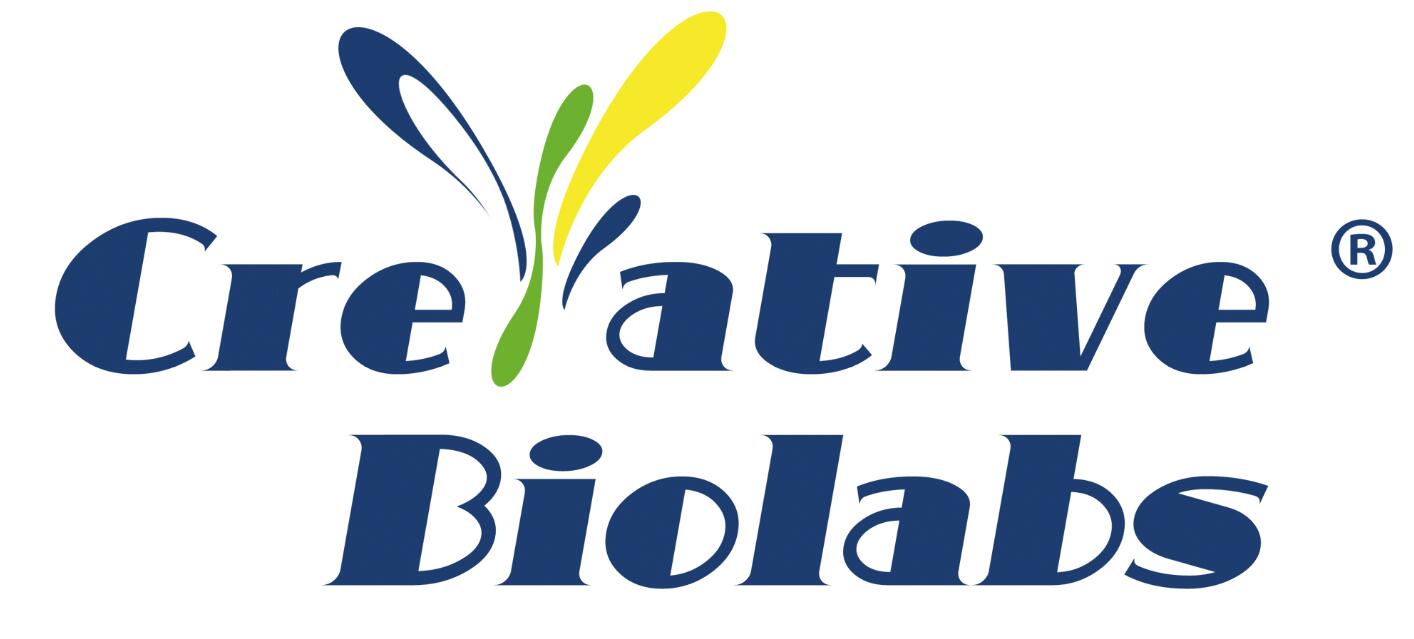In recent years, an increasing number of scientists prefer to change their traditional methods in conducting biological experiments. And it’s reported that more than 100 researchers from around the world raised a proposal on changing the way of using antibody. Some researchers from the Los Alamos National Laboratory said they thought an antibody should be defined by its own specific sequences like genes because it will be recombinant in a cell line. Since antibody is important for the medicine world, then its quality may be worthy of massive trials. So how to get the high-quality antibody?
 In fact, referring the available detective antibody by encoding the sequences of various subunits can allow world-wide researchers use an antibody with similar affinity under the same condition. Certainly, in such issue, the concentration and standardization of an antibody are regarded as two crucial elements while conducting antibody experiment. Generally speaking, the sequences of an antibody or binding reagent can be considered as a kind of ultimate “barcode”, which ensures that everyone can use the same reagent to detect a same target. Thus, exporting the barcode requires the selection of antibody from in vitro library or the work of antibody genes in hybridoma’s cloning and sequencing, which clearly requires major changes in the pattern of antibody supply.
In fact, referring the available detective antibody by encoding the sequences of various subunits can allow world-wide researchers use an antibody with similar affinity under the same condition. Certainly, in such issue, the concentration and standardization of an antibody are regarded as two crucial elements while conducting antibody experiment. Generally speaking, the sequences of an antibody or binding reagent can be considered as a kind of ultimate “barcode”, which ensures that everyone can use the same reagent to detect a same target. Thus, exporting the barcode requires the selection of antibody from in vitro library or the work of antibody genes in hybridoma’s cloning and sequencing, which clearly requires major changes in the pattern of antibody supply.
As is known, antibody is a special class of proteins that can help the body to identify and neutralize the bacteria as well as other attacks launched by immune system, so scientists always use the antibody as a specific binding reagent. However, it is difficult in controlling the quality of antibody and identifying the expressing requirements of sequences. Many scientists are confused about the solutions, because antibody is different from genes, plasmids, and so on. As for biological researchers, they think there is a huge difference in the quality of all antibodies in terms of various manufactures. More specifically, most antibodies are rarely verified while it’s extremely common to see the differences between batches. Taking the production of polyclonal antibody as an instance, it is produced by injecting a protein into an aniaml and then extracting the antibody that responses to the immune protein of animal blood. Whereas, such antibody is not precised, only 0.5%-5% of the produced antibody carries a high quality. Therefore, some scientists propose to use an in vitro method to generate the antibody without animals, which can directly generate the molecules with known sequences. Briefly, antibody research requires more efforts because only in this way won’t the research resources get wasted.
